Florida is grappling with a critical shortage of school psychologists to meet the mental health needs of students. In response to this pressing issue, state lawmakers are considering an unconventional proposal—bringing in volunteer chaplains to assist in schools. The National Association of School Psychologists reveals an alarming statistic: there is currently one psychologist for every 1,828 Florida students, a ratio that significantly surpasses the recommended guideline. To address this shortage, State Senator Erin Grall, representing Vero Beach, is championing a proposal to allow schools to enlist the support of volunteer chaplains.
Table of Contents
The Need for Innovative Solutions
Senator Grall emphasizes the potential impact of this proposal, stating, “It can be very powerful and should be available to students with their parents’ consent.” The proposal aims to provide school districts with the flexibility to establish policies allowing volunteer chaplains to offer their services. The only requirement for individuals to serve as school chaplains would be to pass a background check. Approved chaplains would be listed by schools, and parents would need to provide consent for their child to access these services. Proponents of the initiative draw parallels to the presence of chaplains in other critical areas, such as first responders and the military.
Challenges and Opposition
Despite the perceived benefits, several religious leaders from diverse backgrounds voiced their dissent during a Senate session. Some argued that the proposed measure is unnecessary, as families already have access to spiritual care within their communities. Rev. Rachel Gunter Shapard, co-founder of Pastors for Florida Children, highlighted that families often receive spiritual care within their homes when they cannot access places of worship. Devon Graham, Assistant State Director for American Atheists, expressed concerns about untrained individuals potentially delivering messages that could stigmatize or harm children.

Read more:
- Diversity Prohibition in Texas Public Colleges: Effects on Students and Multicultural Organizations
- High School Athletes in Florida May Soon Benefit from NIL Opportunities
- Student Consequences Authorized for Supporting Hamas
- Student Loan Realities: The Shift from Pause to Panic for Borrowers
Comparison to Other States
This proposal in Florida echoes similar considerations in other states. Lawmakers in Alabama, Iowa, Indiana, and Ohio are currently reviewing bills with comparable provisions. Texas took a step in this direction last year, passing a similar law. The broader trend suggests that the role of chaplains in schools is gaining attention as an alternative solution to address mental health gaps among students.
Volunteer Chaplains: A Controversial Approach
The proposal raises questions about the appropriateness of involving volunteer chaplains in a formal educational setting. Critics argue that untrained individuals may not possess the expertise needed to address the complex mental health needs of students adequately. Additionally, concerns are raised about potential religious bias and the impact of spiritual interventions on a diverse student body.
Alternative Perspectives and Existing Resources
Opponents of the proposal point out that communities often have access to spiritual care within existing structures, such as places of worship. They argue that families typically receive support within their local contexts, and introducing external chaplains may not align with the diverse spiritual needs of students. The potential risks associated with untrained individuals providing spiritual guidance to students underscore the importance of comprehensive mental health solutions within the education system.
Conclusion: Balancing Spiritual Support and Professional Expertise
Florida’s exploration of volunteer chaplains as a response to the shortage of school psychologists reflects the ongoing challenges in providing mental health services to students. Striking a balance between addressing immediate needs and ensuring professional expertise in mental health support remains a critical consideration. As the proposal progresses through legislative discussions, stakeholders will need to navigate the complex terrain of student well-being, religious diversity, and the role of external entities in shaping the educational experience. The outcome of this initiative may set a precedent for how states across the U.S. approach mental health solutions in schools.









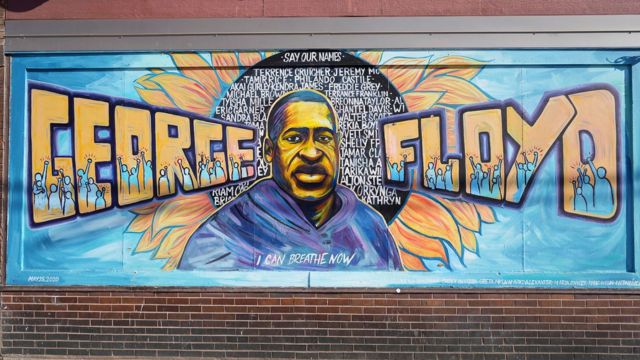
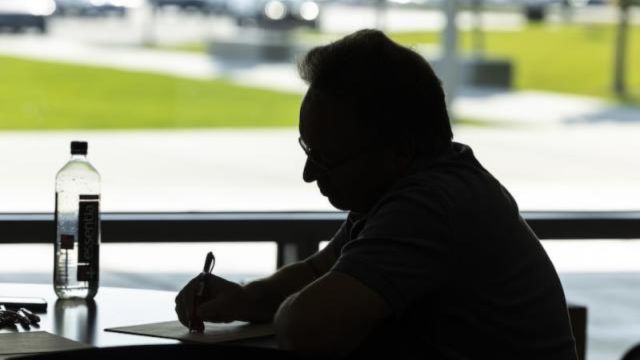
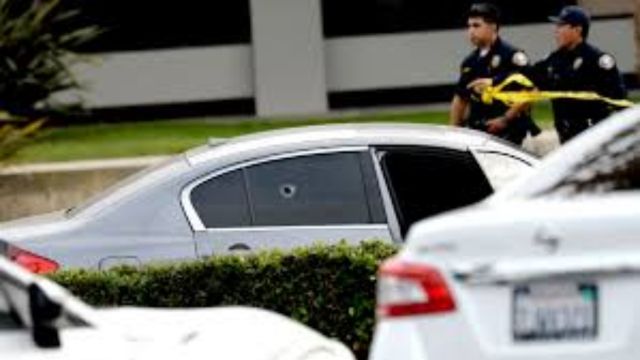
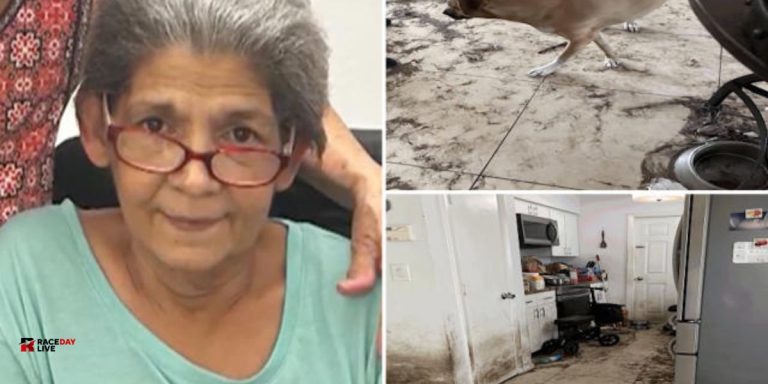
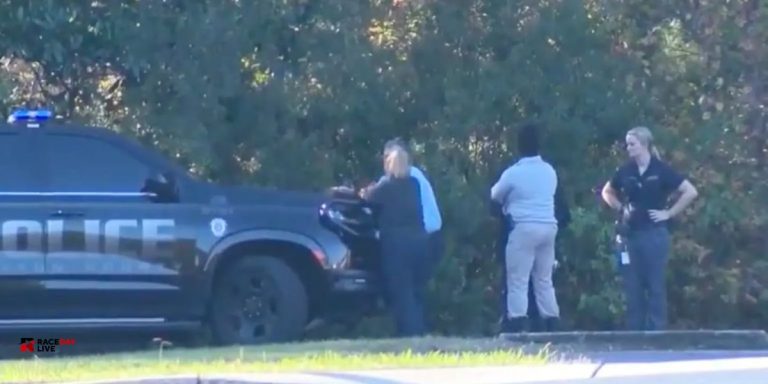




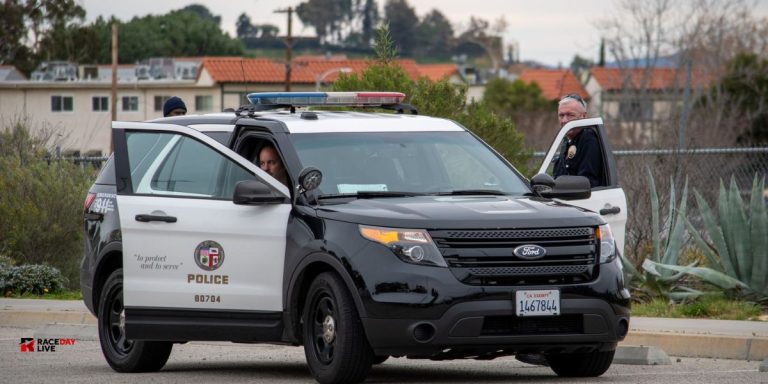

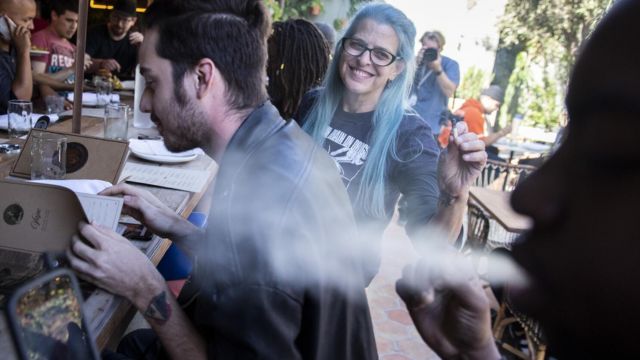



+ There are no comments
Add yours